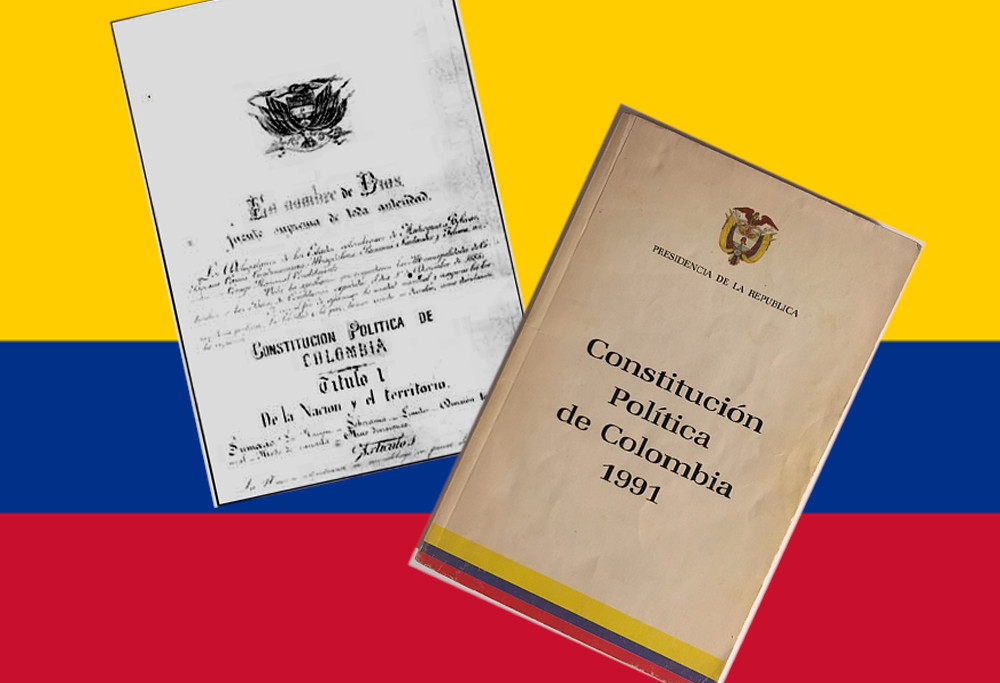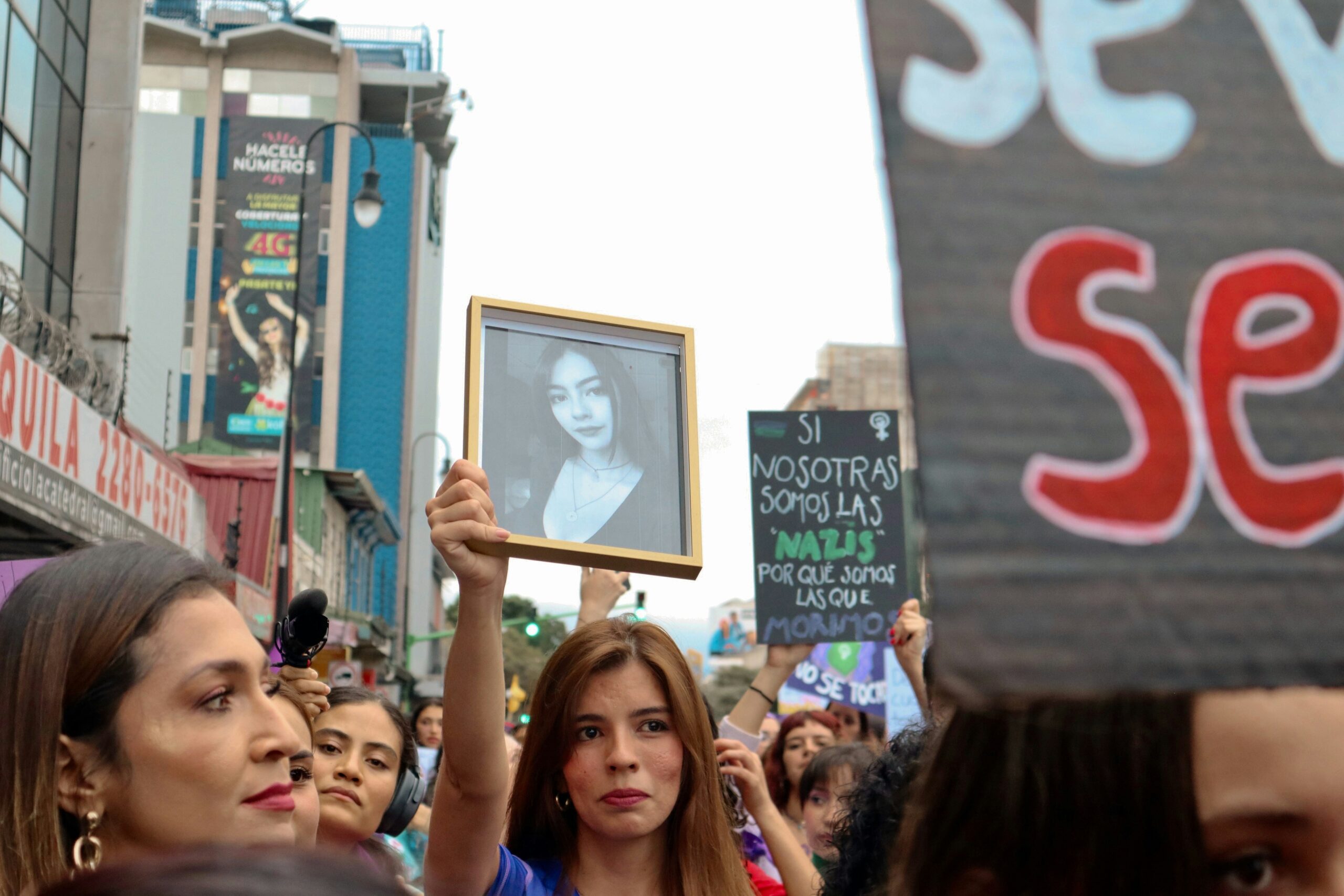
Colombian president Gustavo Petro announced on Friday, March 15, that reform of Colombia’s institutions was necessary. He also said that a potential rewrite of the constitution should be considered. This has surprised many as it appeared to come out of the blue. Plus, there’s a big question mark over what he’s trying to achieve.
This week, he’s backtracked a bit from his initial position. That’s hardly surprising – in his penultimate presidential bid, he went as far as to carve in marble a pledge that he wouldn’t do exactly this. That was a different electoral campaign, of course, but it’s viewed by many as hypocritical.
President Petro says political system isn’t working
What Petro actually wants is unclear. He claims that the Colombian political system is not allowing him to govern, so it must be reformed to allow him to pass the laws he currently can’t. He used the phrase Constituent Assembly, which implies a rewrite of Colombia’s constitution, but he says he just wants to establish certain rights.
He says he wants to guarantee the peace process that Santos began. He also argues he wants to apply the existing constitution – which he claims is not being applied and never has been. He seems to want to recover the original aims of Colombia’s constitution from 1991. So perhaps he’s pushing for a revolution to keep everything the same.
All of this stems from the recent trouble he’s been having with the Senate stymying his proposed reforms. His Pacto Historico coalition is the largest single party in the Senate but far from a majority. This means he’s had to seek compromise and alliances, and that’s made it hard to get things done.
Petro’s also been at pains to clarify that he’s not looking to follow the time-honoured Latin American tradition of trying to extend his time as President beyond the one-term limit. However, he’s also not fully closing that door, saying that he will respect whatever the people decide.
Back in 2005, the country passed a law to allow presidents to stand for a single re-election. It then had two recent double-term presidents: Álvaro Uribe and Juan Manuel Santos. However, in 2015, a further law was passed to strike that modification down and revert to the previous system.
Why Petro wants constitutional reform
Petro’s central idea is that the will of the people is being blocked by establishment wreckers. His opponents counter this by pointing out the need for strong checks and balances within the system. It’s worth remembering that only around a quarter of eligible voters chose Petro in the 2022 election.
There is no doubt that the political system of Colombia is at best unwieldy. In fact, obfuscation and confusion appear to be part of the design. Health reform, for example, has spent months going through the Houses and hasn’t even reached an open debate in the Senate because it’s sunk in a special committee.
The current iteration of the constitution dates back to 1991, though it’s seen some changes since then. The ’91 constitution was the first to recognise Indigenous communities and also established a Constitutional Court. Colombia’s previous constitution stayed in place for over 100 years.
So, is this likely to happen?
It’s not impossible. The genie is out of the bottle, so people who hadn’t previously considered it may now be wondering if it’s a good idea. There may well be those who hadn’t thought this was even on the table and thus hadn’t been campaigning.
Public enthusiasm for political process remains generally extremely low. That’s largely due to the aforementioned opacity of the system. Sadly, few people really know or care what’s happening at any given point. A chance to stick one in the eye of establishment figures is rarely passed up in any country, though, so might see a larger turnout.
It certainly wouldn’t be an easy process. The ‘91 Constitution allows for further reform without stringent prerequisites, but it’s not clearly defined. Depending on the scale of changes proposed, there would be months of planning, studies and consultations. A constitutional assembly would need to be set up, possibly involving elections to the assembly.
After that, the politicians would all have to take a look at it, which could take months more. Finally, there would need to be a popular referendum with associated campaigning times and so on. Of course, this would all be different if we’re only talking about minor reforms. In case you hadn’t guessed it, that’s another aspect of Petro’s comments that isn’t clear.
What’s perhaps most notable is that this may well not go the way the president expects. Given the time scales needed, the bulk of the work and vote would happen under the following administration. That might well be the current opposition and not a friendly successor.
Opposition politician Germán Vargas Lleras has already come out swinging, saying he welcomes the idea of putting this to the people. His position is that there is no support for Petro and that his ailing administration will crash and burn in the court of public opinion.
It’s worth noting that public opinion is a hard thing to judge and even harder to control. Many of Colombia’s recent law changes would have probably failed to pass referenda – from abortion law to LGBTQ rights. Don’t forget that the peace process referendum was rejected by the voters and eventually pushed through Congress instead. This may well go the same way.
All in all, Petro’s comments have unleashed a storm of comments, but it isn’t clear what he’s proposing. A whole new constitution would take a long time and may not achieve what he hopes. Other forms of constitutional reform might be more feasible. But given the problem he has in getting enough support to pass his current proposals, it’s hard to see how he’d get politicians (and the public) to support even bigger change.





